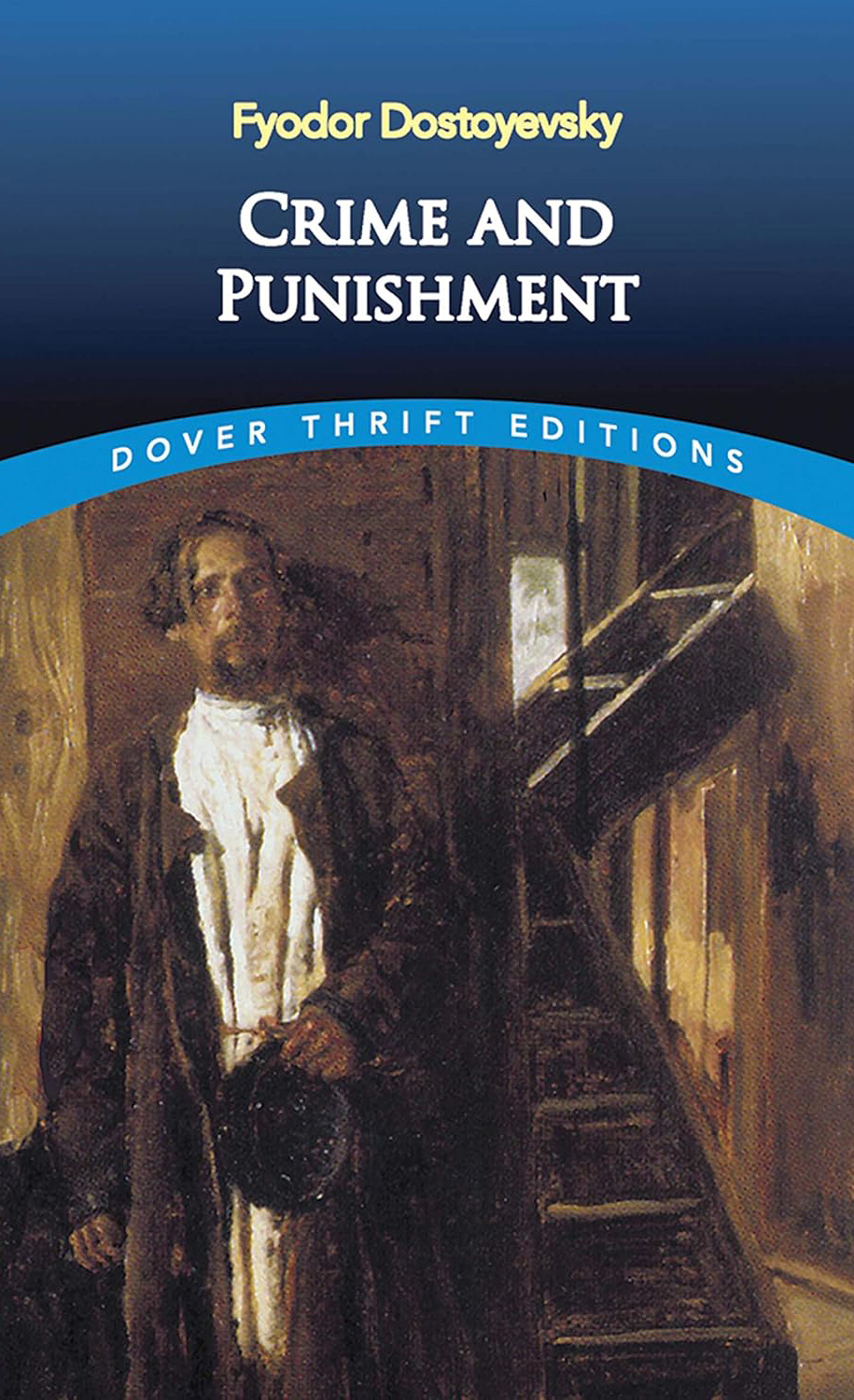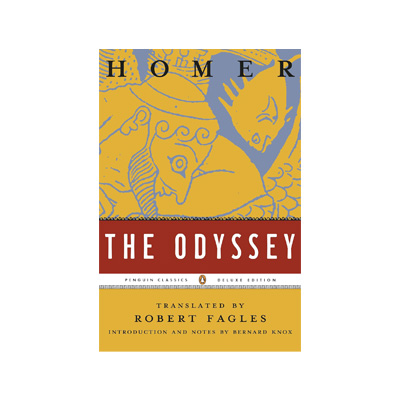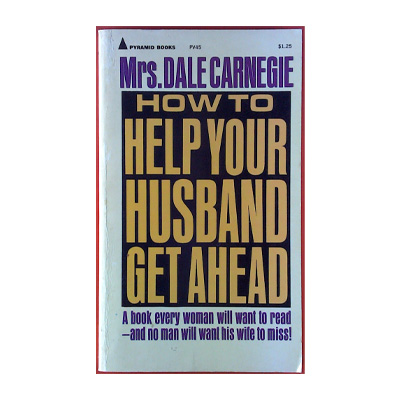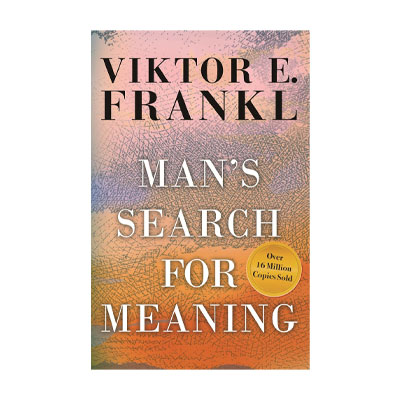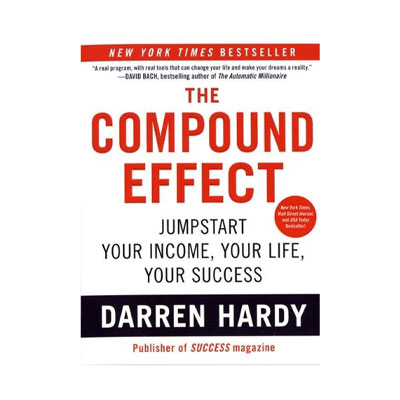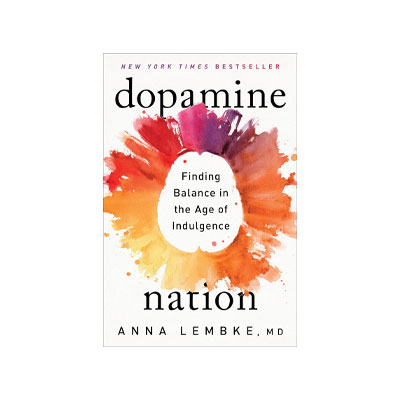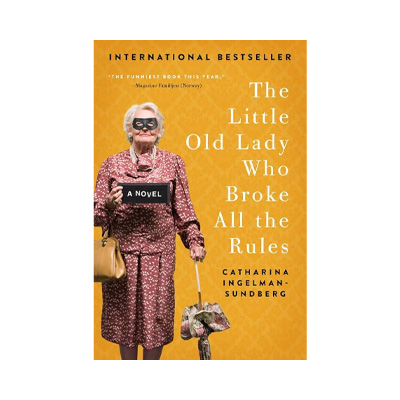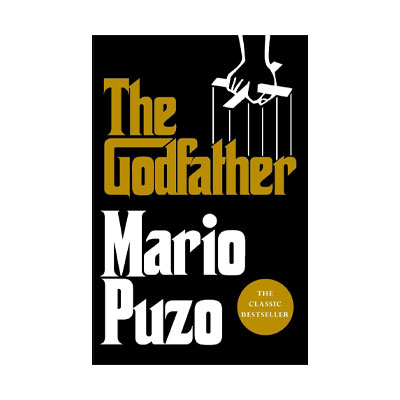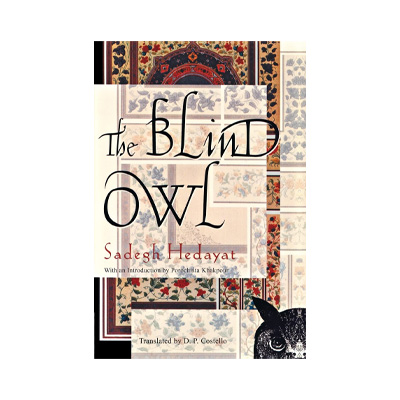Book Summary
"Crime and Punishment" is an extraordinary novel by Fyodor Dostoevsky, written during a particularly difficult time in his life, influenced by personal events that deeply affected him. Even those who are not avid readers have heard of Dostoevsky through his works. Here, we encounter a book whose main character is a 23-year-old young man named Rodion Romanovich Raskolnikov, whom we will refer to simply as Raskolnikov.
As mentioned in the book's introduction, the author faced profound despair after losing his wife in 1863 and, a year later, the death of his brother, which darkened his world both materially and spiritually. At first glance, the circumstances became overwhelmingly burdensome for him; however, he took advantage of the opportunity presented to him and immersed himself in literary work. "Crime and Punishment" is one of the fruits of that effort and persistence during those days and has been hailed as a masterpiece of the century. Now, let's delve deeper into the story: the protagonist walks around, sometimes speaking aloud to himself and at other times whispering.
Poverty and hardship have transformed the handsome young man into someone else. His only sources of comfort are his family and a friend whom he considers a source of strength amidst life's struggles. Razumikhin, a true friend who has proven himself to Raskolnikov over a year and a half, stands by him. However, another person troubles the young philosopher: a man named Luzhin, who is interested in Raskolnikov's sister and shows his affection in various ways. Driven by youthful impulsiveness, Raskolnikov decides to visit a pawnbroker to borrow money or, more accurately, to take out a loan. To secure the amount he needs, he must pawn his valuables, which he does. The story continues until he finds himself compelled to commit murder against the pawnbroker, plunging him into a critical phase of his life.
On one hand, his conscience urges him to confess, while on the other hand, he believes that people are not worthy of knowing the truth, leaving him trapped in a dilemma. This work was published in 1866 and features other characters that add an adventurous flavor to the narrative, including an investigator who pursues and tortures Raskolnikov. Dostoevsky, a masterful writer, seeks to explore the human psyche through this narrative, examining individuals as they grapple with sorrow and the bitter events they experience in their surrounding society, indirectly showcasing psychological principles.
About the Author
Fyodor Dostoevsky was a Russian writer born on November 11, 1821, who published various works throughout his 60 years of life with his powerful pen. Some of his most popular works include "The Gambler," "The Brothers Karamazov," and "Crime and Punishment." Considered by many to be the greatest psychological writer in history, he endured significant events in his personal life, including escaping a death sentence, suffering from epilepsy attacks, and losing loved ones. Yet, his great character and spirit never diverted him from the path he believed in.
Who Should Read the Book?
If reading novels is an inseparable part of your life, do not miss "Crime and Punishment." If you are someone who greatly enjoys works written by Russian authors, prioritize reading this book over others. And if you appreciate novels that offer psychological insights to readers, don’t let any more time slip away and start reading this book.
Table of Contents
The book "Crime and Punishment" is narrated in five main sections by its creator. This psychological novel tells its story with an astonishing prose style, presenting events in a normal chronological order for the reader. Following the preface and introduction, the first section discusses the background of the crime; the second recounts punishment and transformation; the third presents the story from an investigative perspective; the fourth delves into religious themes within the narrative; and the fifth addresses the will to kill and the suffering of the main character.
Book Quotes
Raskolnikov looked at everything with great astonishment and an incomprehensible, vague fear. He decided to remain silent and wait to see what would happen next. He thought to himself: It seems I am not delirious; it seems all of this is indeed real.
Razumikhin replied with a mix of regret and anger: The whole issue is that no one has seen him; this fact complicates things. Even Kock and Pestriakoff didn't notice them when they went up, so their testimony doesn't hold much value now.
I am not sure, but what catches my attention is something else, a more general issue. Setting aside the fact that crime has increased among the lower class in the past five years, especially with the frequent and numerous looting and fires, what seems even stranger to me is that crime among the upper classes has also been on the rise, and all these factors, so to speak, are progressing in parallel.
He looked around and saw a tall woman with a handkerchief on her head. Her face was yellow, elongated, and worn, and her sunken red eyes seemed dull. The woman was staring directly at him, but it was clear that she saw nothing and recognized no one. Suddenly, she leaned against the railing with her right hand, lifted her right leg, and hurriedly crossed over the railing.
Now she is explaining; just recently, there was no color at all. The beginning of this agitation started a month ago. Zosimov can witness how troubled this young man is now; you can hardly imagine it.
Oh Rodia, you cannot believe how miserable Donya and I were last night. Now everything has passed and ended, and we are happy again. Just imagine, we practically ran from the train car to embrace you.
When Sonia reached the river, they both stood on the sidewalk. The man who was watching over her noticed her thoughtful and absent-minded state. As Sonia arrived at her home and entered through the front door, the man remained there, seemingly a bit astonished. As soon as Sonia entered the yard, she headed right towards the stairs of her house.
At the moment Razumikhin threatened him, Raskolnikov stepped into the room with a face that seemed to concentrate all his strength to avoid laughing. Following him, Razumikhin entered with an angry and defeated expression, red as a poppy flower, tall and distressed; he looked embarrassed. His face and figure were so ridiculous at that moment that it justified Raskolnikov's laughter.
Luzhin frowned and fell silent with great dignity. Donya said: Your request that my brother not be present during our meeting was only disregarded at my request. You wrote that you were insulted by my brother; I think we should clarify this matter immediately, and you should reconcile.
By the river, not far from the bridge, a crowd had gathered near the two houses remaining before Sonia's home. The girls were particularly flocking to this spot.
Raskolnikov turned away from him and went towards the window. Donya paused for a moment, looked at him anxiously, and exited nervously. He was not cold towards his sister; even at that moment, he desperately wanted to embrace Donya, say goodbye to her, and even tell her everything.
